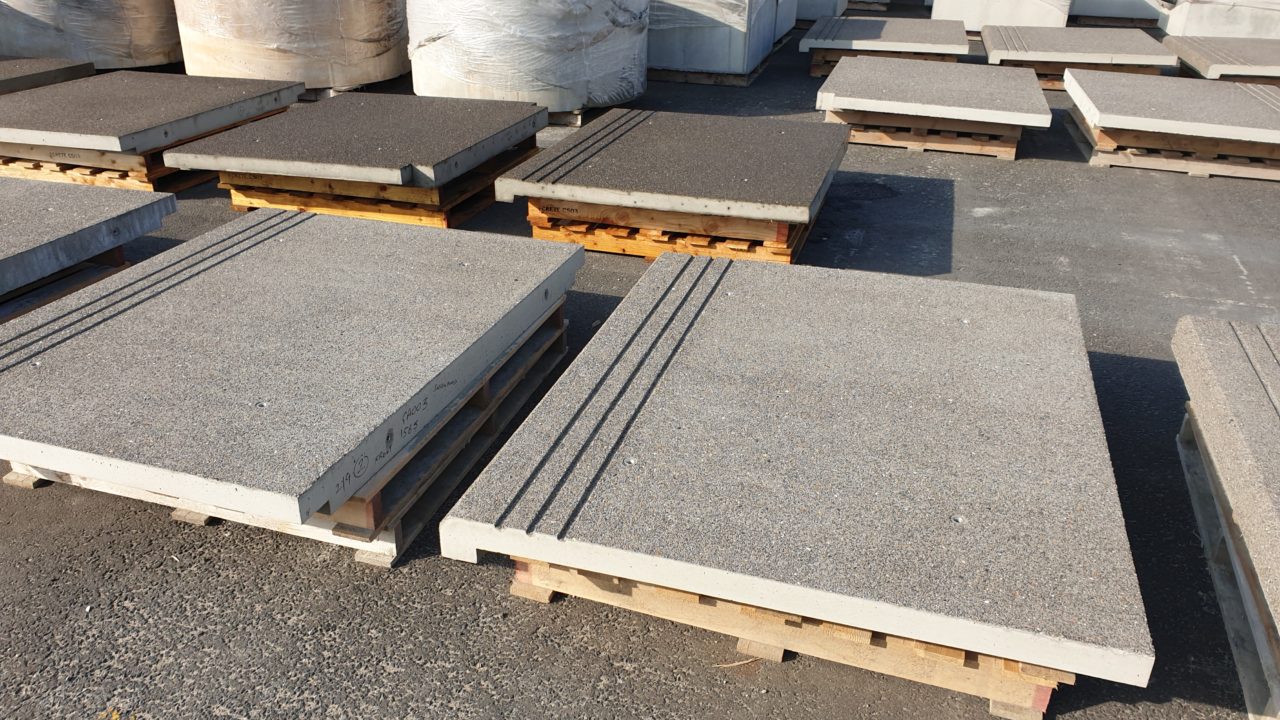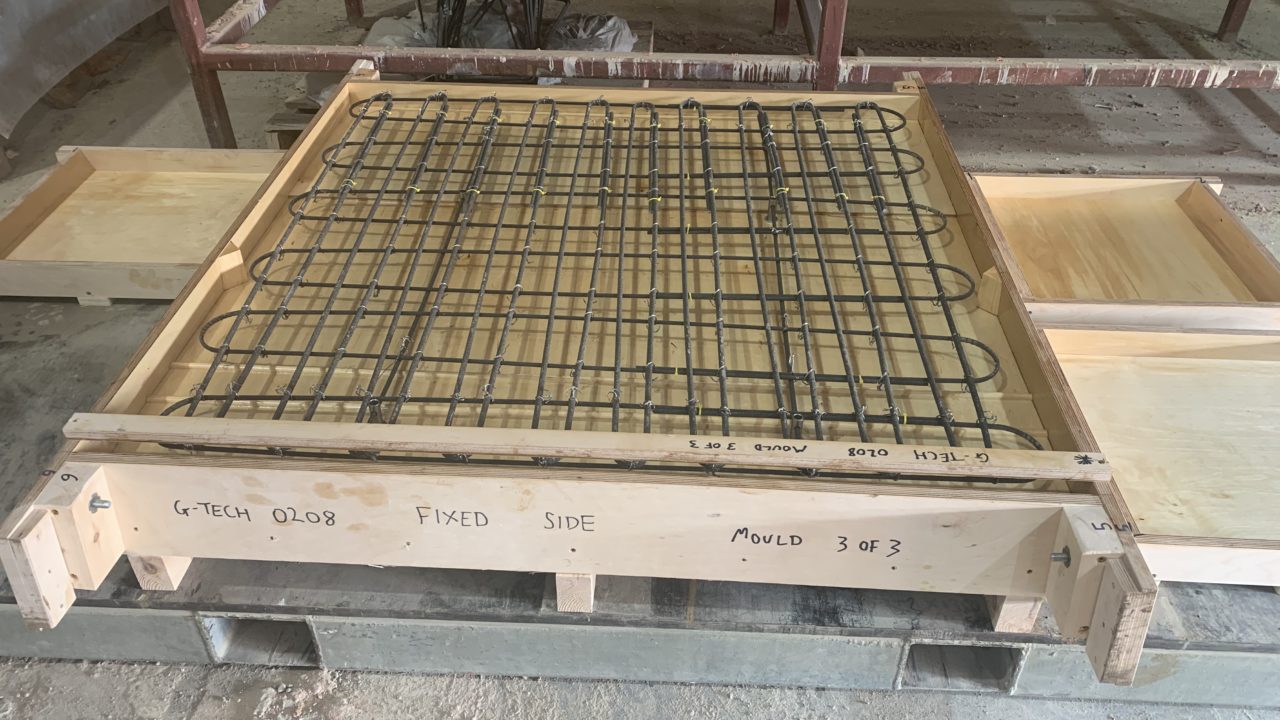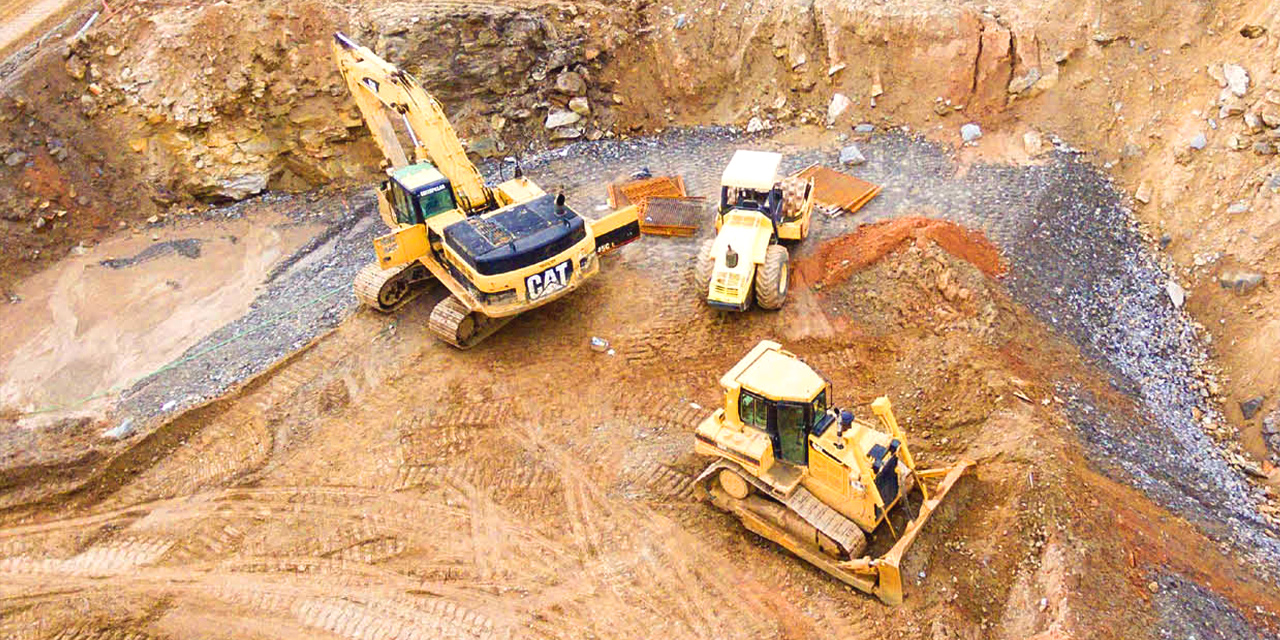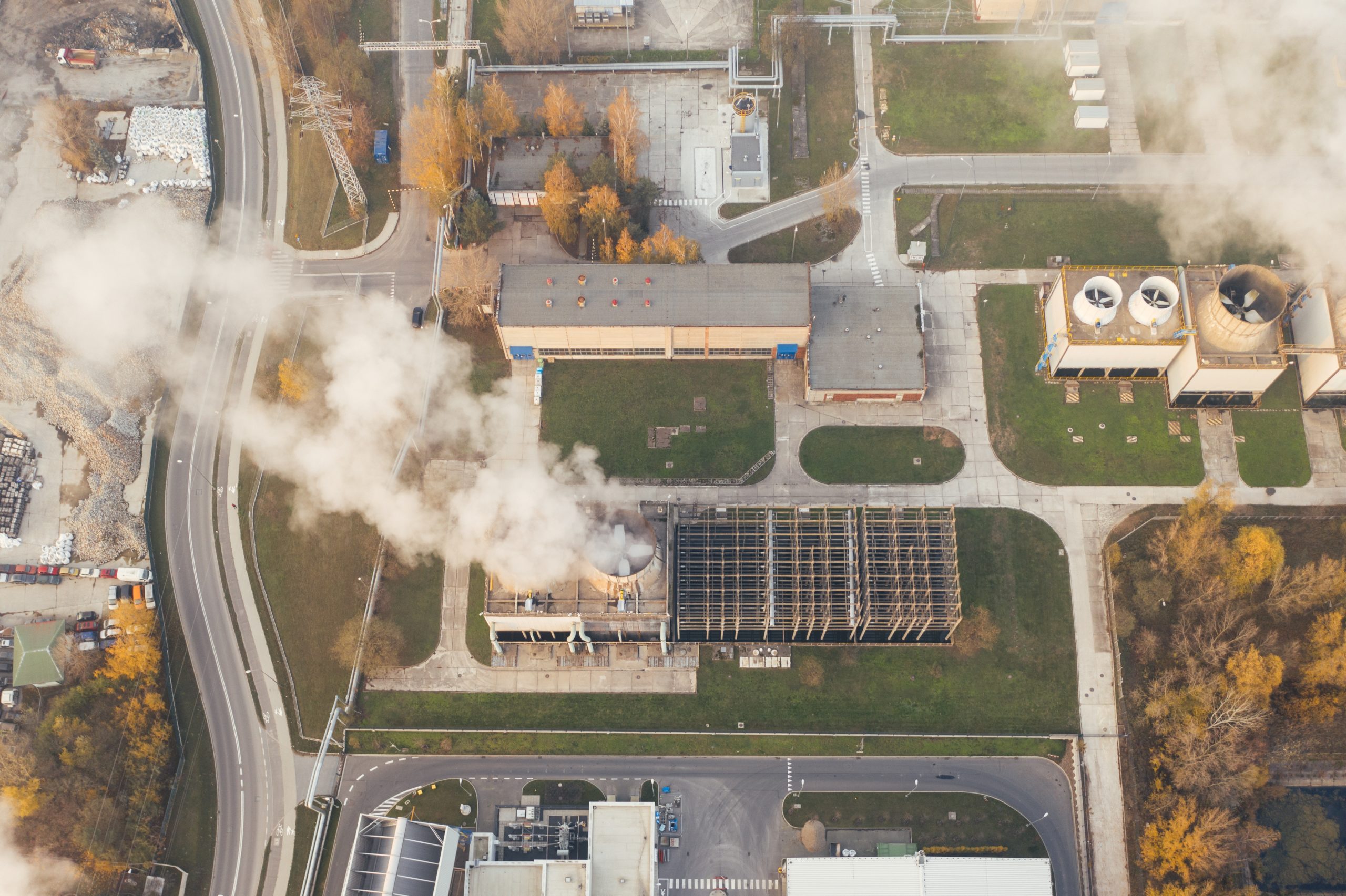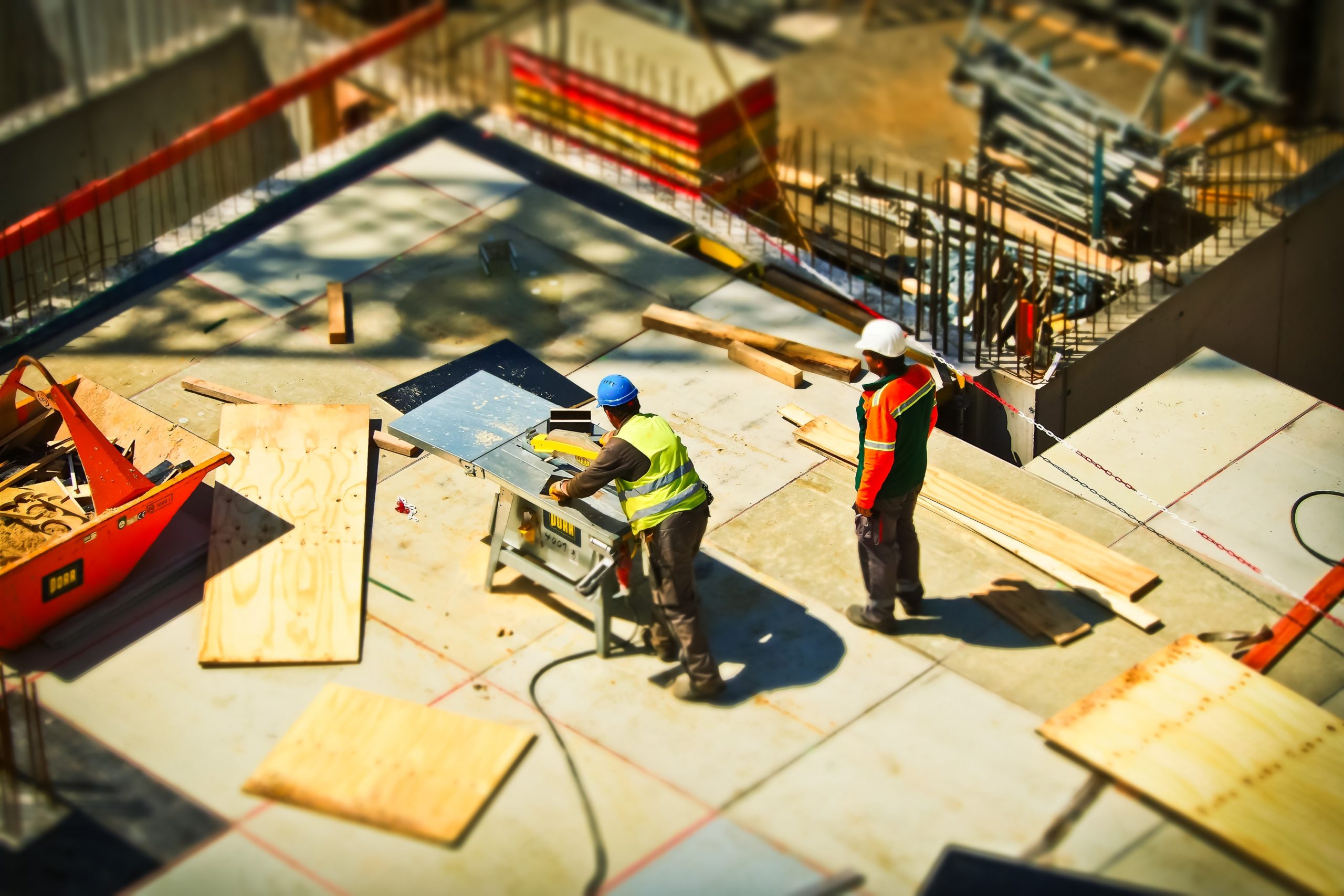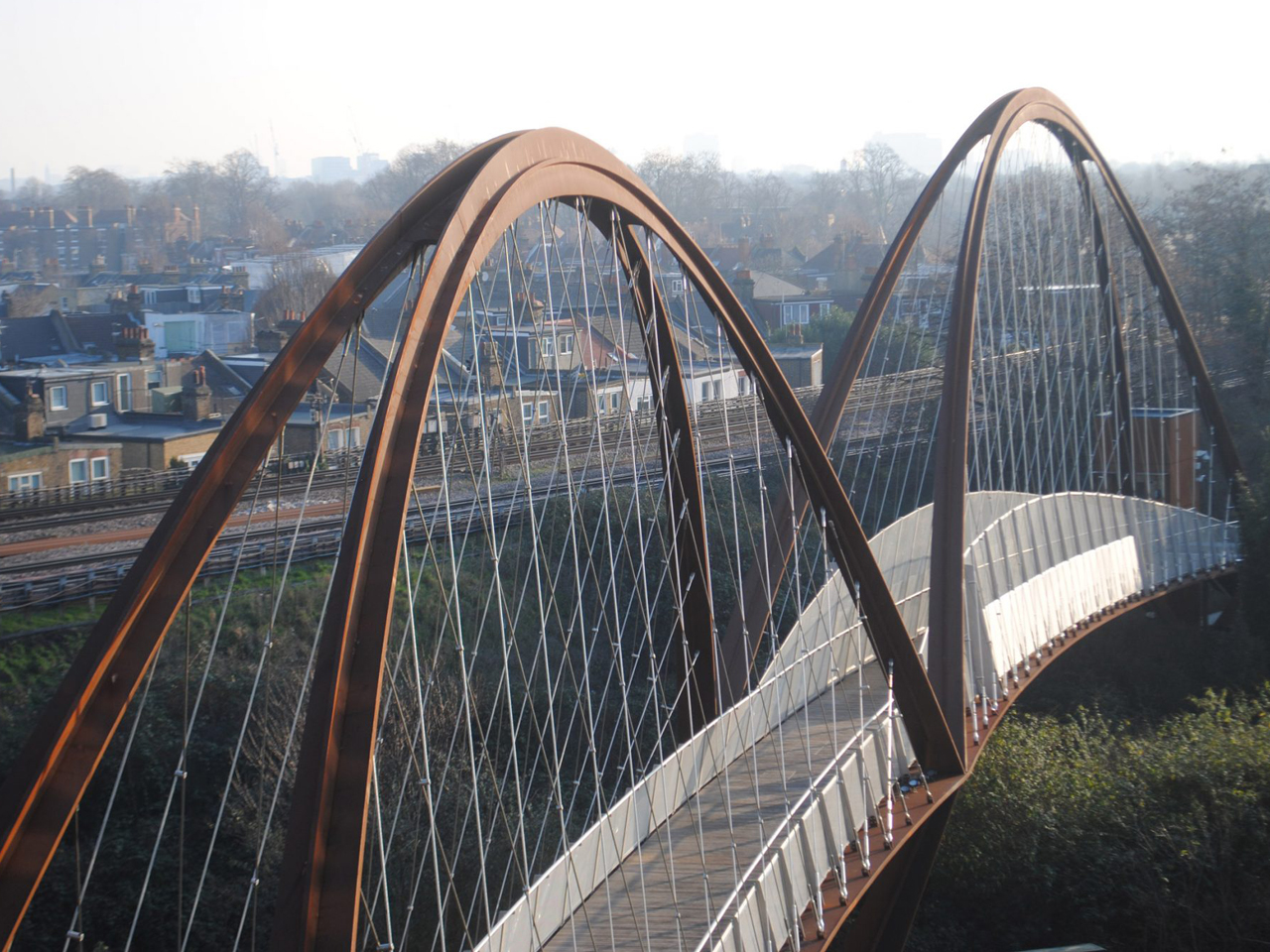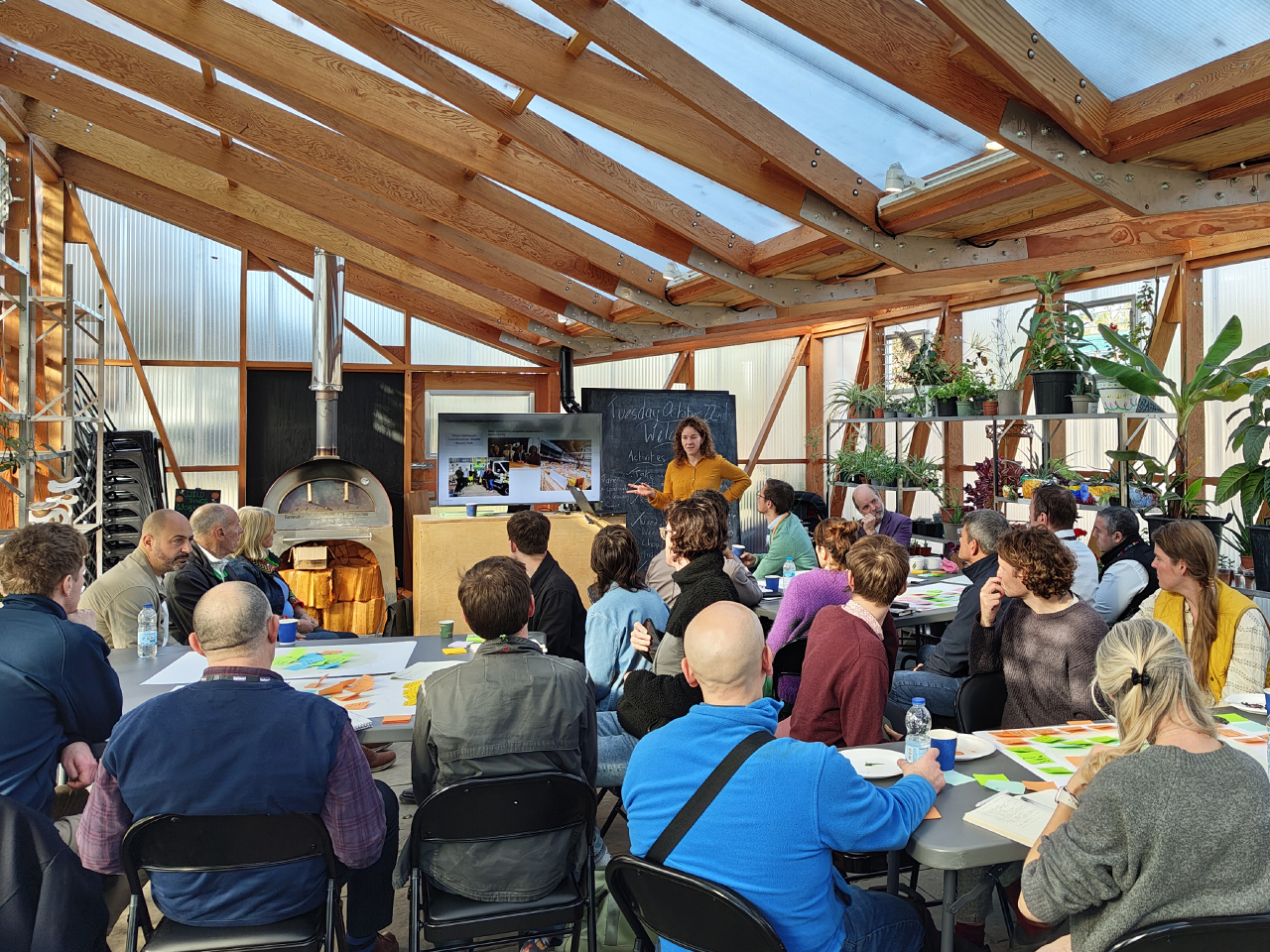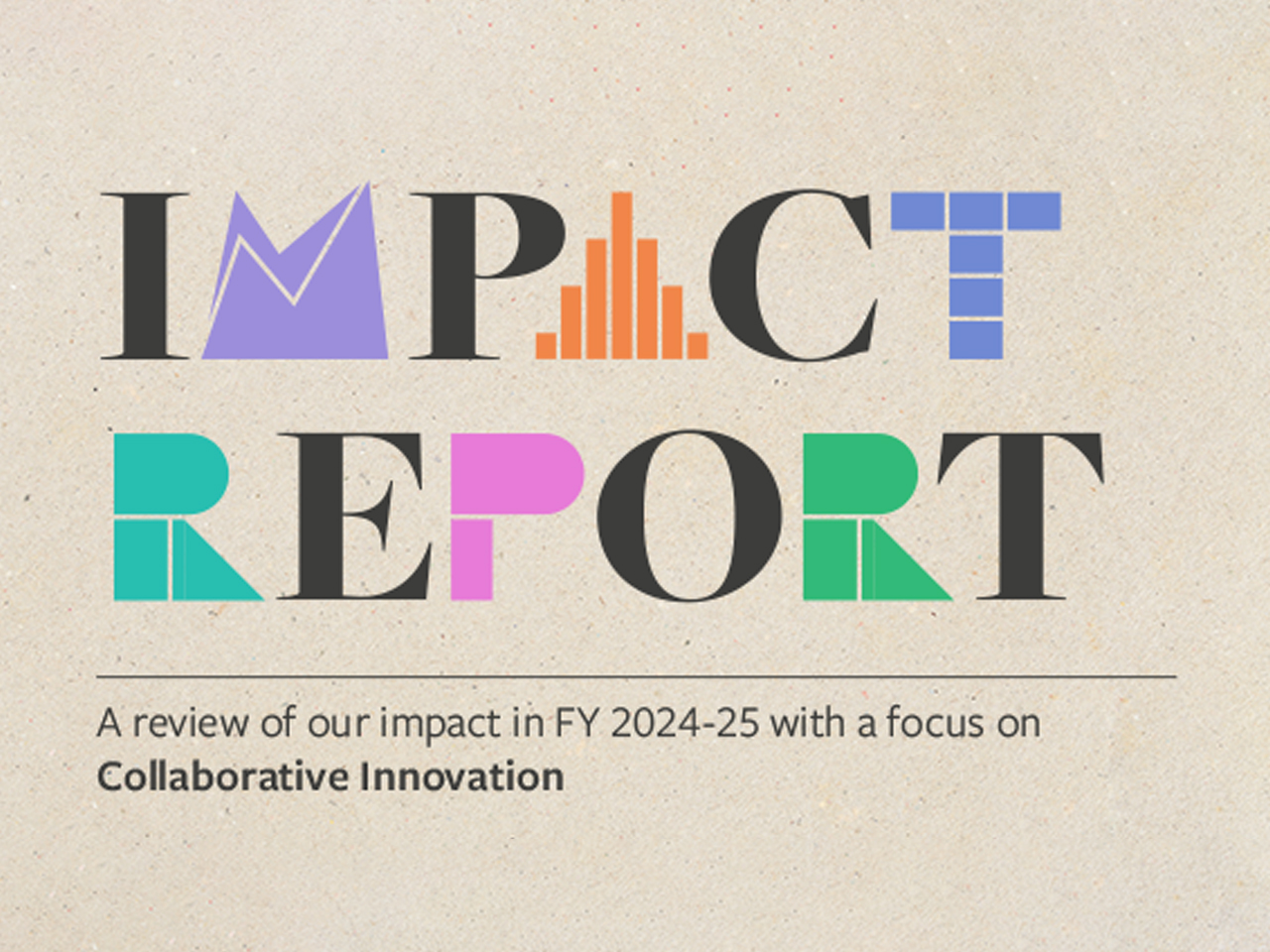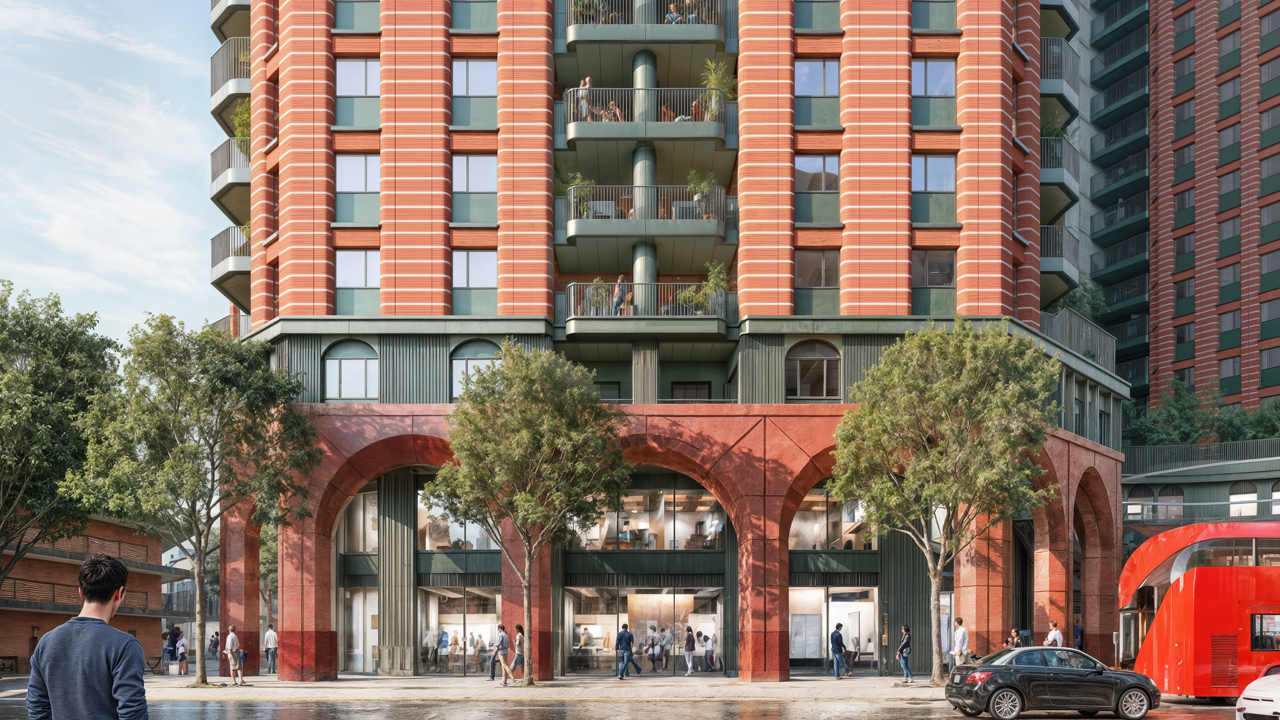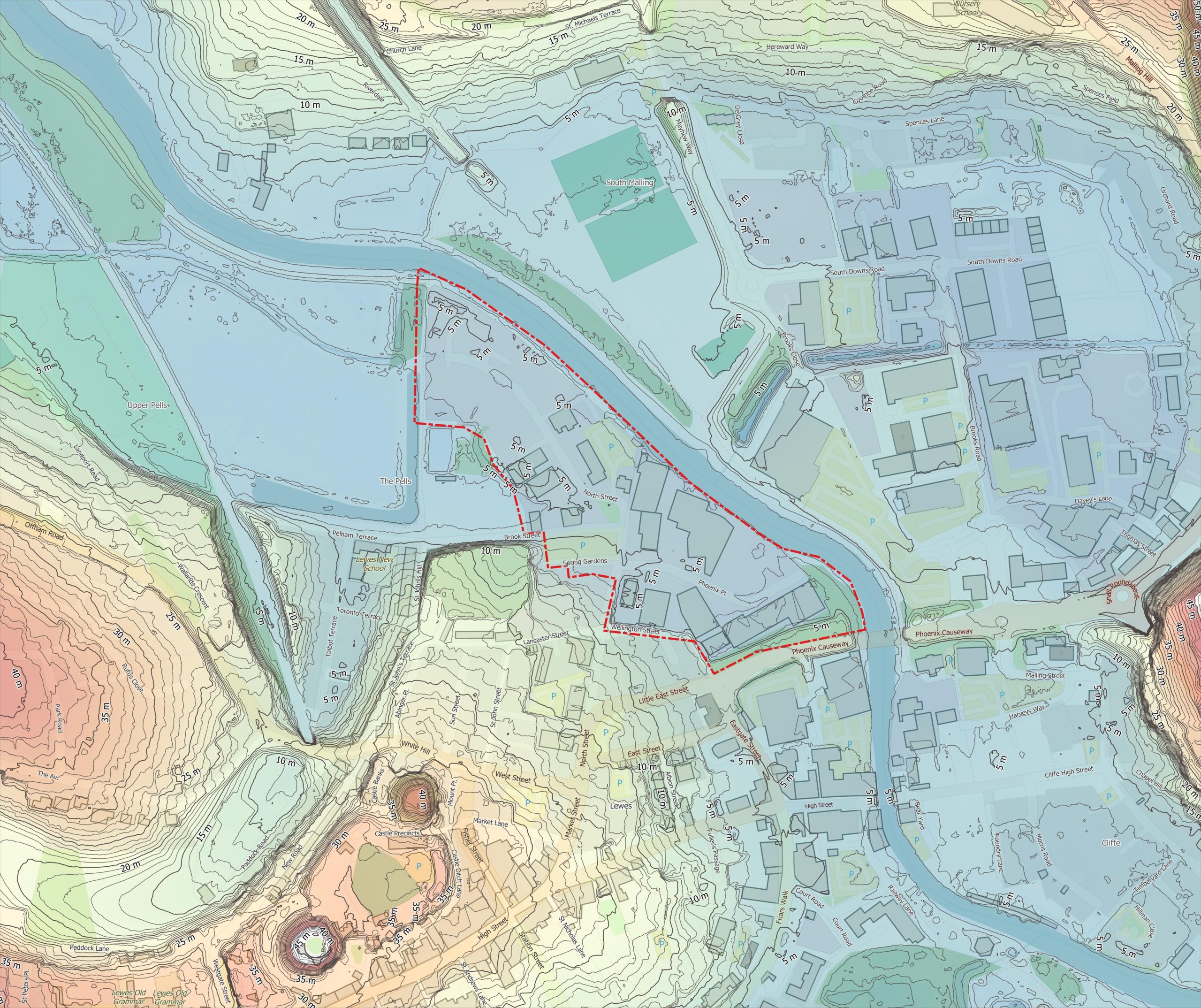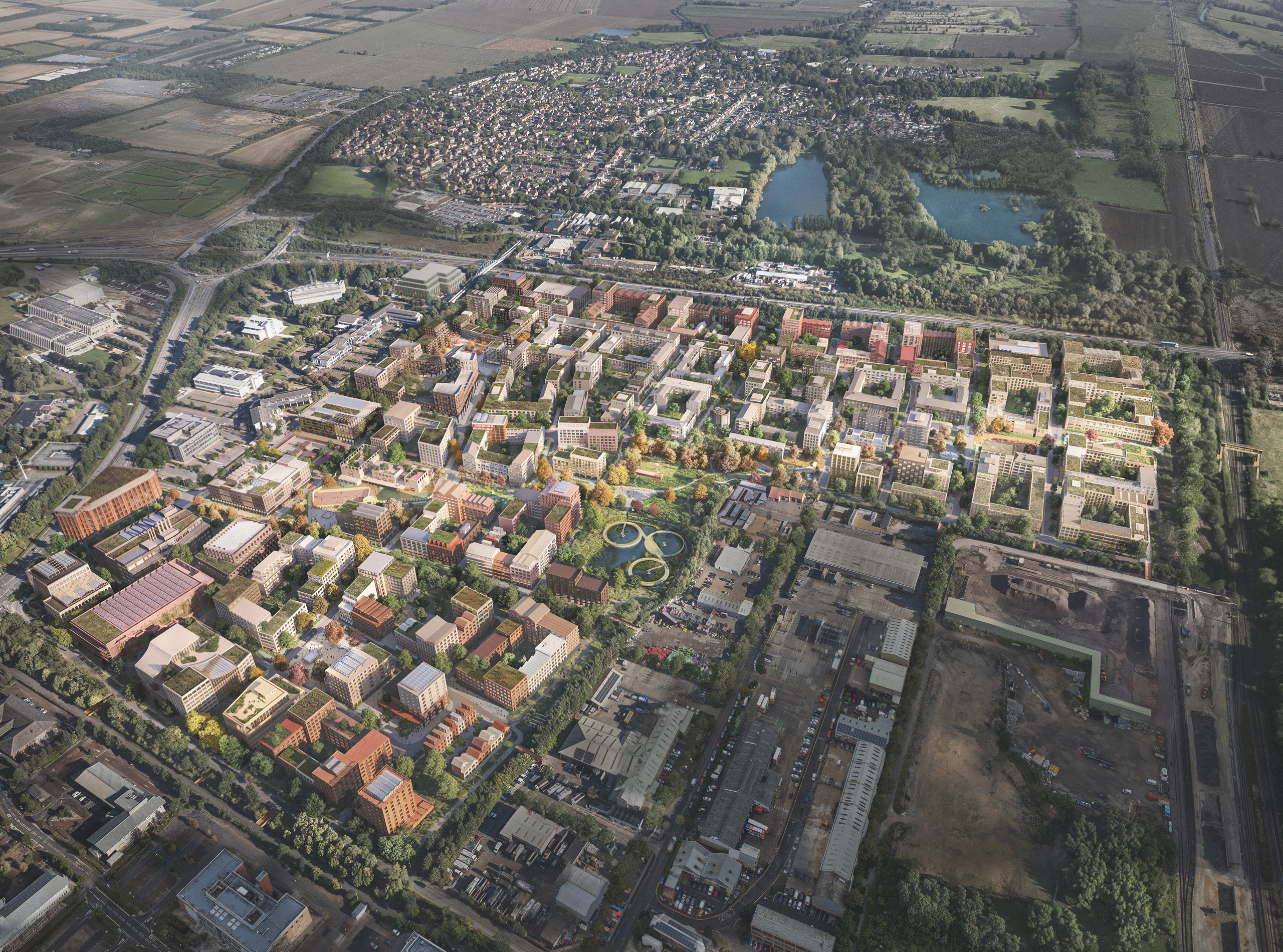Network Rail Low Carbon Concrete Platforms
United Kingdom
As one of the practical strands of Network Rail’s Zero Carbon World initiative, this project sought to decarbonise the production of the standard precast concrete planks used to renew station platforms. Expedition acted as innovation partner, working with framework suppliers to plan and implement changes that were able to slash embodied carbon by up to 64% without disrupting day to day operations.
Around 50 Network Rail station platforms are refurbished every year, with the main work involving the removal and replacement of end-of-life precast concrete platform planks. As standardised units, these planks are procured centrally and manufactured by framework suppliers for delivery as required.
Expedition was appointed as innovation partner to help Network Rail achieve its goal of decarbonising this aspect of its business – and over an 18-month period we identified changes that could reduce embodied carbon by 57-64%, depending on unit type.
Initial scoping work examined the current production process to identify where carbon might be saved, and to plan how this could realistically be achieved with existing technology and with minimum impact on the requirement to supply hundreds of these units per month.
We planned a series of stages over the 18-month project, proposing easy wins that could be achieved in the first six months, with progress reviews after each phase.
The process involved close collaboration with existing supply chain partners, including the precasting factory and the structural engineer, to assist them in planning and implementing changes within their business, rather than simply developing a solution that may not be adopted.
Expedition drew expertise from subcontractor AMCRETE UK, and established consulting relationships with academic experts to de-risk the process and ensure changes did not undermine key characteristics such as material strength, durability and so on.
Our deep understanding of the engineering construction process enabled us to work effectively with framework suppliers, optimising use of their own in-house knowledge to support upskilling and engagement, and planning a practical approach to innovation that really worked, built around the needs of an operating infrastructure owner and its supply chain.
A combination of measures was used to improve the service life and reduce the embodied carbon of the new units compared with the baseline of the original. These included taking advantage of the high construction tolerances in precasting technology and the use of non-corrosive reinforcement which allowed units to be slimmed down, significantly reducing the volume of concrete. Optimisations in design reduced the amount of reinforcement that was necessary, and the mix design and demoulding arrangements were modified so that cement content could be reduced. The concrete mix utilised very high percentages of Portland cement replacement (80% replacement by the final stage).
Current UK performance for state-of-the-art low carbon precast initiatives has been 30-40% savings; by project completion we will have achieved an estimated reduction of 57-64%.
Testimonial
Key People
When we set out, we thought a 50% carbon reduction was ambitious so to hit 60%+ is beyond our expectations.
Ian Grimes
Principal Engineer, Technical Authority, Network Rail
